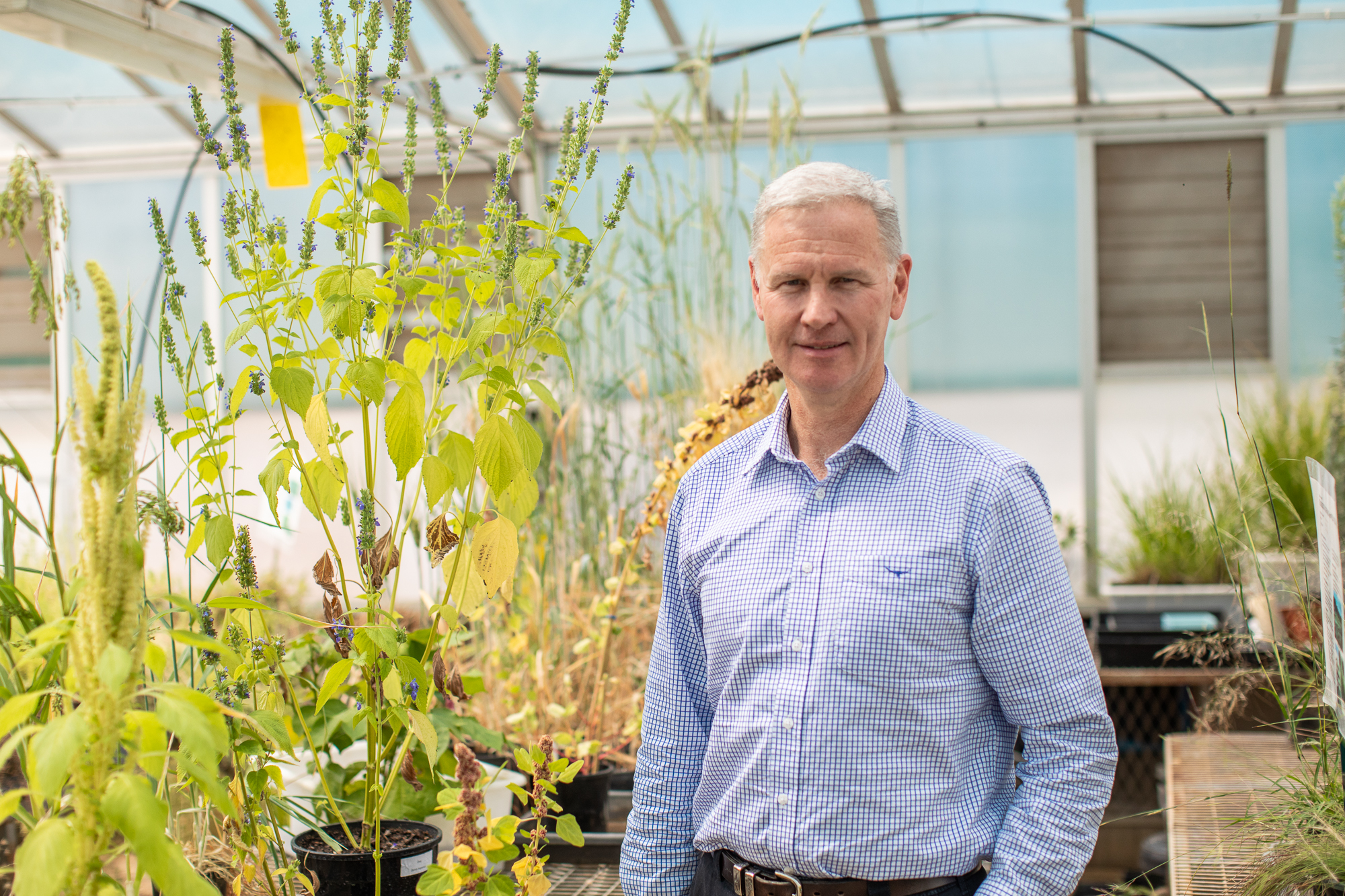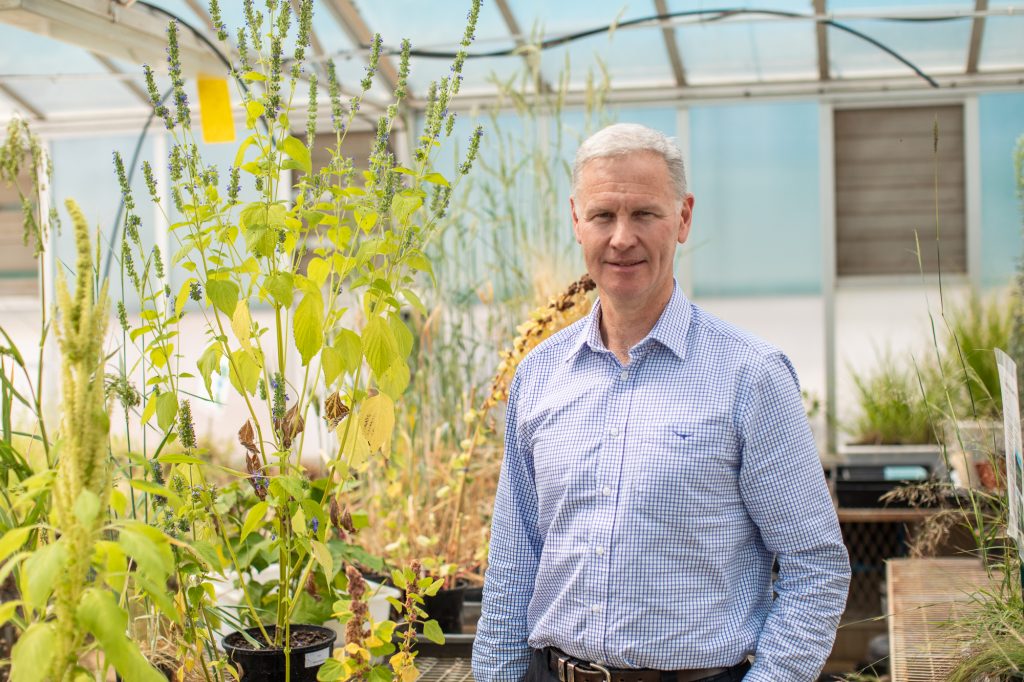Australia has a strong focus on, and investment in, achieving best practice sustainability outcomes. Our rural industries have greatly benefited from sustainability wins in areas such as improved water efficiency, more resilient crop varieties, reduced on-farm waste, access to carbon markets and efficient chemical use, to name a few.
However, our latest AgriFutures Australia study that looked into alignment with SDGs across the sector, completed by KPMG Australia, pointed out that we may not be promoting our strong credentials in a language that our trade partners understand.
Of increasing urgency is the need for Australia to respond to international pressure, particularly from the European Union, and more recently our Asian neighbours, to push beyond our ‘clean and green’ image and measure and report against internationally recognised sustainability metrics. Maturing our approach to global sustainability benchmarking is vital to keeping pace with our trade competitors and avoiding losing market access.
The EU is leading the future of sustainability reporting. If Australia is to maintain access to this and other markets, we need to increase awareness and encourage agricultural export businesses to look seriously at their alignment to international sustainability benchmarks, such as the SDGs. These benchmarks are also tools for Australia to demonstrate its responsiveness to changing consumer expectations and attract sustainability-linked investment.
An example of an early mover are Australian tea tree oil growers, Phillip and Dee-Ann Prather, who have incorporated the SDGs framework into their corporate policies around water conservation and chemical use as a strategy to sure-up their international market access. The Prathers grow tea tree on their 120-hectare NSW north coast property and source product from 35 local growers to export to globally-recognised companies including Estée Lauder and L’Oreal.










